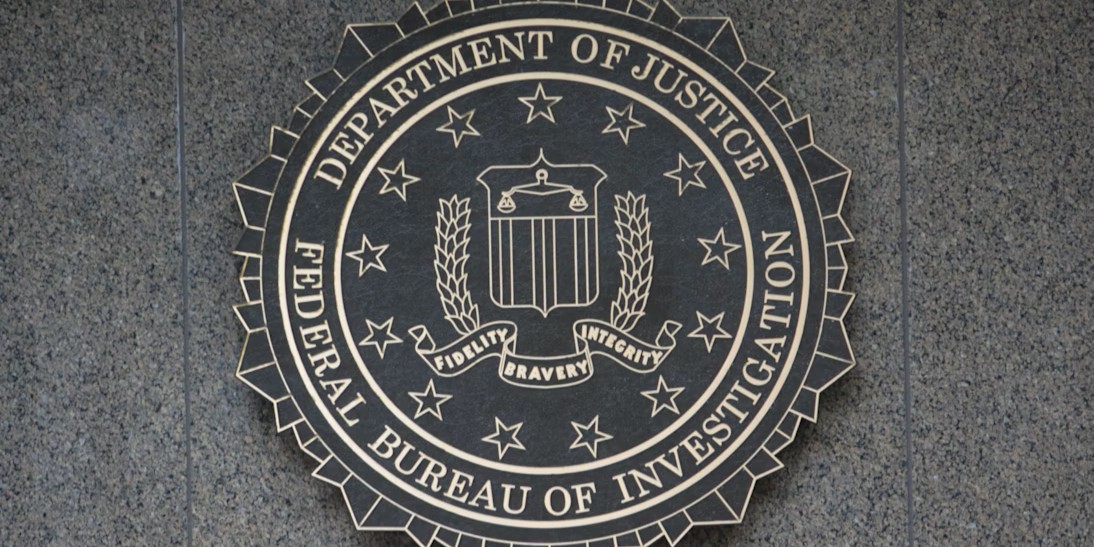James Comey, the former Director of the Federal Bureau of Investigation, appeared in a Virginia federal courthouse on October 8, 2025, to face charges of false statements and obstruction of a congressional hearing. This marks his first court appearance since a grand jury indicted him, following a high-profile investigation that has sparked widespread debate. Comey, who served as FBI Director from 2013 to 2017, pleaded not guilty to the charges, which are related to his testimony during a congressional hearing.
The charges against Comey have been the subject of intense media coverage and public scrutiny. The indictment, issued in connection with his statements made under oath, alleges that Comey deliberately misled Congress during his testimony, which took place during a crucial investigation into matters of national security. The specific accusations center around Comey’s alleged failure to provide accurate and truthful information when questioned about his role in the FBI’s handling of sensitive information. Additionally, he faces accusations of obstructing the investigation by withholding critical information.
This case has generated a substantial amount of political and legal controversy, given Comey’s high-profile role in several key moments in recent U.S. political history. His leadership at the FBI was marked by his involvement in the investigation into Hillary Clinton’s use of a private email server during the 2016 presidential campaign and his decision to reopen the investigation just days before the election. Many view Comey’s actions during that time as having a significant impact on the election’s outcome, and his subsequent firing by President Donald Trump in 2017 only added to his notoriety.
The charges against Comey are seen by some as a politically charged prosecution, especially in the current climate where partisan divides over investigations into government figures have become more pronounced. Supporters of Comey argue that the charges are an attempt to discredit him for his previous role as FBI Director, while critics view the legal proceedings as a necessary step to hold powerful public officials accountable. The legal proceedings also raise broader questions about the integrity of government investigations and the accountability of public officials under oath.
As Comey stands trial, his defense team is expected to vigorously challenge the charges, arguing that there is insufficient evidence to support the claims of false statements and obstruction. For now, Comey remains free on bail, and his case will be watched closely by both legal experts and political observers. This development is only the latest chapter in what has been a tumultuous and controversial post-FBI career for Comey, and it promises to be a high-profile legal battle with implications for future political and legal accountability in the United States.
The outcome of this case could have far-reaching consequences, not only for Comey but also for how the nation views the intersection of law, politics, and the role of government officials in shaping national discourse. As the trial unfolds, it will likely continue to draw attention from those invested in the political landscape and the ongoing debates over transparency, justice, and accountability in government.

